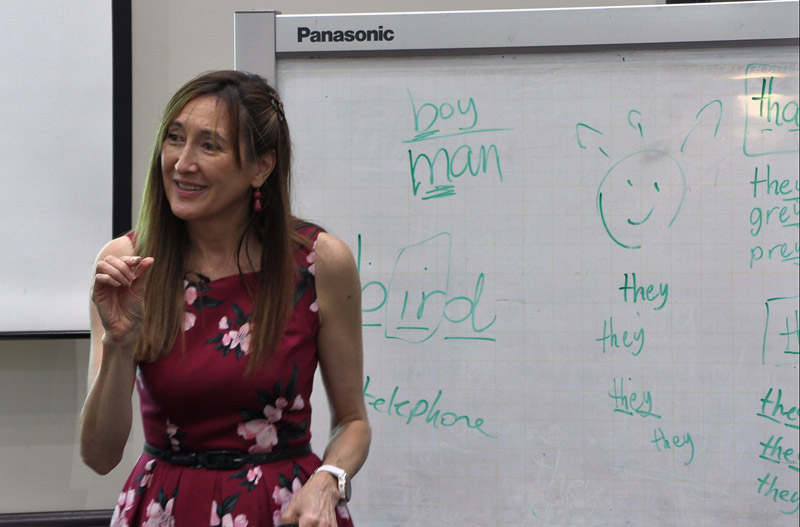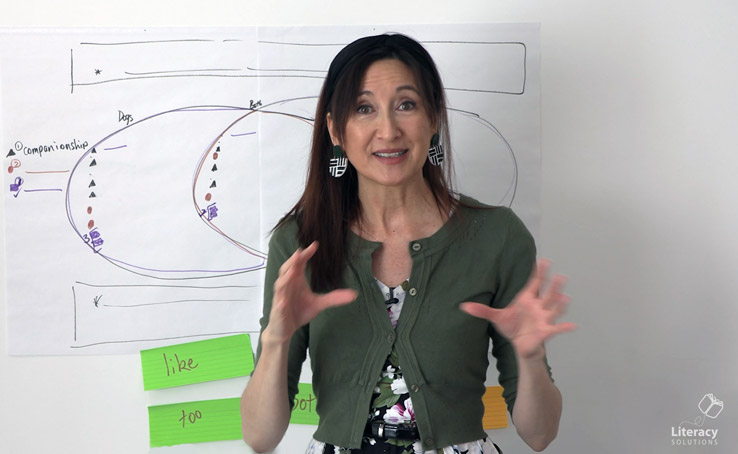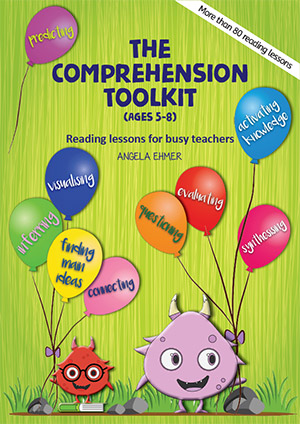Prep to Year 1 Workshop
Teaching for Deeper Comprehension
Overview
The purpose of reading is to understand the ideas of others at both a surface, deeper and applied level. Young readers must acquire comprehension skills and strategies which are age-appropriate, match levels of cognisance and which align with the ideas presented in texts heard, viewed and read.
Synthesis: The Ultimate Goal
Relevant teaching, therefore, requires the explicit teaching of suitable strategies or strategic actions, as these relate to both a text and the life experiences of young readers. Supporting and developing the capacity to synthesise should be the goal of all reading programs and should occur in both the English program and across the curriculum.
Less experienced readers require clear instruction around all components of reading which allow synthesis to occur. Being flexible, or changing thinking while reading, putting strategies together before, during and after reading, forming opinions and drawing conclusions are all necessary to synthesise. Synthesising can be challenging for inexperienced readers as it involves flexible thinking, the development of metacognition and putting many ideas or ways of thinking together. Teaching synthesising to young readers can be difficult. Specific strategies must be targeted, always with a view to how this relates to overall synthesis.
In this highly practical, full day workshop, participants will explore the comprehension skills and strategies as these relate to fiction and non-fiction texts across an integrated curriculum. Those strategies young readers may find challenging, or problematic will be discussed. For example, most young students can make self-to-text connections. What they must learn is how to make connections which are directly relevant to a deeper understanding of specific ideas in the text.
Top-level Structures: Fiction and Non-fiction
Over the course of the day, the main comprehension strategies will be outlined, as well as critical strategies such as authors’ purpose. The impact of theme and mood will be examined on literary texts and the presenter will identify key language structures and signal words for understanding and communicating text structures such as cause and effect and comparing and contrasting.
The presenter will identify, discuss and demonstrate comprehension lessons suitable for Prep and Year 1 classrooms and time will be allocated for participants to view texts, apply ideas presented and share additional ideas.
Participants will explore teaching content:
- the strategies: activating schema, predicting, connecting, visualising, inferring, determining relevance (to the main idea), questioning, synthesising
- high order thinking: its relationship to young readers and planning conversations which extend thinking
- vocabulary and language in context
- top-level structures and language development to enhance reading and writing
Participants will examine pedagogical decision making:
- Modelling: when to demonstrate skills and strategies
- Sharing: when to plan for cooperative and/or collaborative instruction
- Guiding: when to teach and coach in groups
Participants will also discuss the importance of data in planning, setting goals and monitoring outcomes.
You will receive:
- workshop notes
- tea/coffee on arrival, morning tea and lunch
- a Literacy Solutions' classroom resource
Cost
$285 + GST (Limited places are available so please register early.)
RSVP: Five (5) working days prior to workshop
Should you attend?
This workshop is suitable for Teachers of years Prep to 1.
Where and when?
See our workshop calendar for locations, venues and dates. Please note that workshops not identified in your location can be booked directly and hosted at your school.




